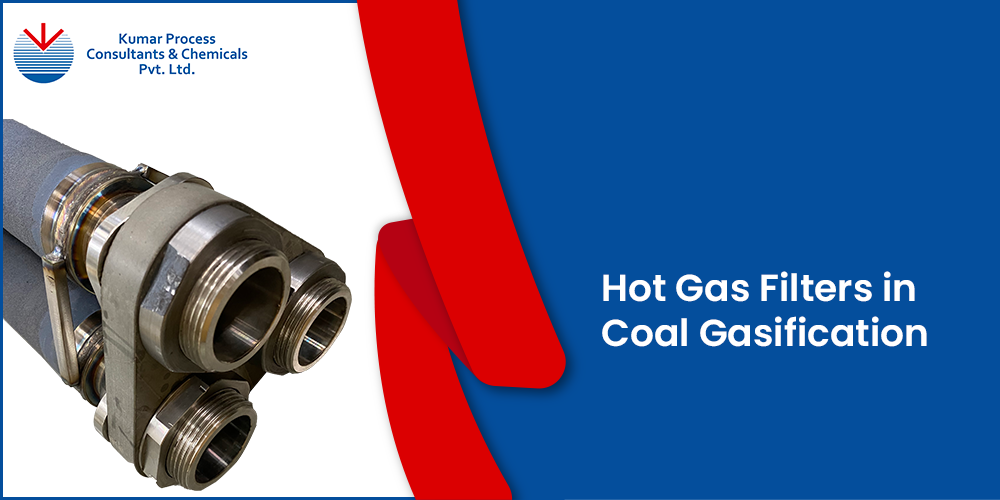


Coal gasification is a process that converts coal into a versatile gas known as syngas, composed of carbon monoxide (CO), hydrogen (H2), carbon dioxide (CO2), methane (CH4), and water vapor (H2O). This innovative technology uses a coal gasifier to heat coal under controlled conditions with limited oxygen and steam, breaking it down into syngas. The resulting gas can be filtered and used in various applications, making it a cleaner and more efficient alternative to traditional coal combustion.
The coal gasification process has evolved from producing "town gas" for heating and lighting in the past to modern applications like power generation, chemical production, and hydrogen manufacturing. Syngas derived from coal gasification is a key component in producing ammonia for fertilizers, automotive fuels like gasoline and diesel, and even synthetic natural gas (SNG) for heating and industrial uses.
Additionally, advanced systems such as Integrated Gasification Combined Cycle (IGCC) offer a cleaner and more efficient way to generate electricity from syngas. Coal gasifiers can be used to reduce local air pollution, facilitate carbon capture, and produce diverse fuels and chemicals.
Coal gasification is a process that transforms coal into a clean gas source called syngas, composed of carbon monoxide (CO), hydrogen (H2), and other gas. This coal gasification process is more efficient than traditional pulverized fuel combustion and offers a cleaner alternative for energy and chemical production.
Coal is fed into a high-temperature, pressurized coal gasifier along with a controlled amount of oxygen and steam (water vapor).
Inside the coal gasifier, partial oxidation occurs as coal reacts with oxygen and steam to produce syngas. The process avoids complete combustion, generating heat to sustain the reaction (autothermal) or using external heat sources (allothermal). Key reactions include:
The produced syngas is cooled to remove impurities such as carbon dioxide (CO2), sulfur, tar, and other undesirable components, ensuring high-quality output for downstream applications.
The clean syngas can be further processed to:
Hot gas filters are mainly used in the coal gasification process, ensuring that syngas produced is clean and free from particulate contaminants. These filters protect downstream equipment such as gas turbines from damage caused by ash and other impurities. Filters that can eliminate particulate matter at high temperatures offer a unique advantage. The gas with particulates need not be cooled down before being filtered. The heat exchangers used to cool down such gas can get fouled by tar and particulates, reducing their efficiency. Instead, when the gas is cleaned in a hot condition, the downstream equipment efficiency and uptime is increased, leading to an improvement in overall plant efficiency.
Furthermore, hot gas filtration plays a significant role in achieving environmental compliance by capturing particulates and hazardous substances before they are released into the atmosphere.
The filter media used in hot gas filtration for the coal gasification process must withstand extreme temperatures and pressures while maintaining efficiency and durability. Among the various options, sintered metal filters offer superior performance in industrial applications for removing solid particles and producing clean gas. These filters are essential for the filtration of gasification ash from synthesis gas (syngas). Among the available options, sintered metal filters are particularly effective due to their durability, thermal resistance, and filtration efficiency.
Sintered metal filters are manufactured by compacting and sintering metal powders under high temperatures and pressures. This process creates a porous structure that provides excellent filtration capabilities. These filters are commonly used in coal gasifier systems due to their robustness and adaptability to high-temperature environments. Fe3Al and FeCrAl alloys are two materials which are of interest in this application.
Sintered filters are essential for filtering ash, char, and other particulates from syngas in the coal gasification process. These filters ensure clean syngas production by efficiently removing impurities, making them indispensable for advanced applications such as Integrated Gasification Combined Cycle (IGCC) plants and fluidized bed reactors. Additionally, these filters are highly compatible with back-pulse cleaning systems, maintaining structural integrity and filtration efficiency after repeated cleaning cycles.
Key Features:
Kumar Process Consultants has developed a process for manufacturing of such filters. Using our in-house Cold isostatic press and vacuum sintering facility, we can customize these filters for you. Please contact us in case there is a requirement for filters for coal gasification.